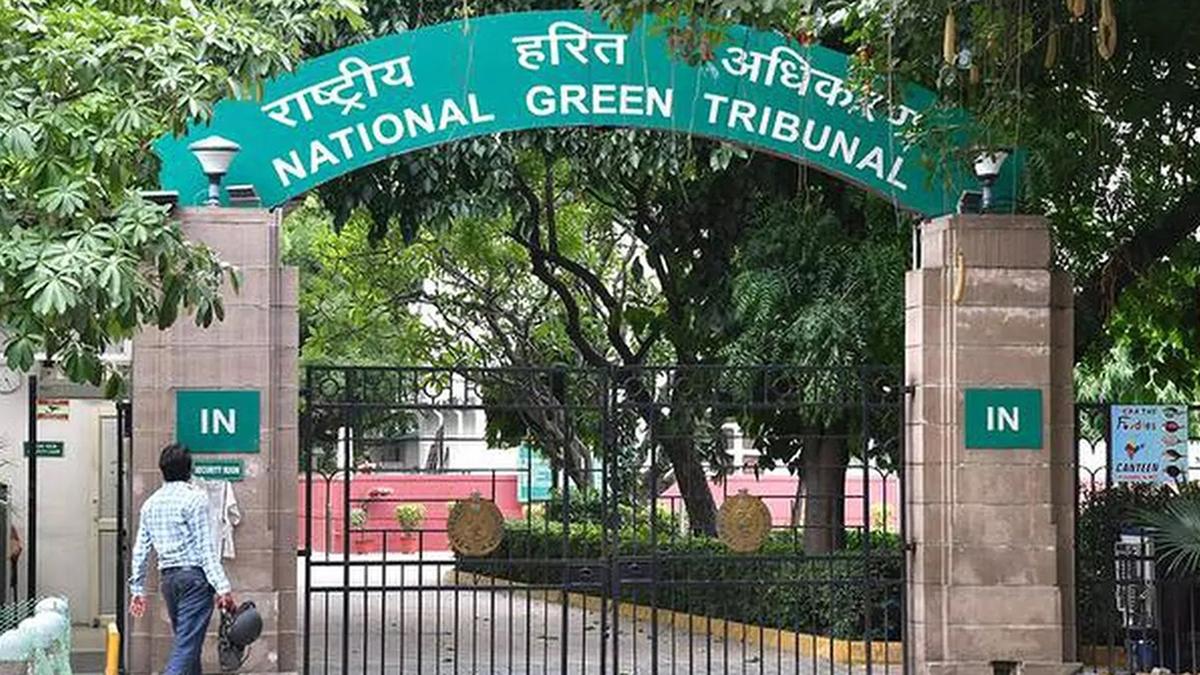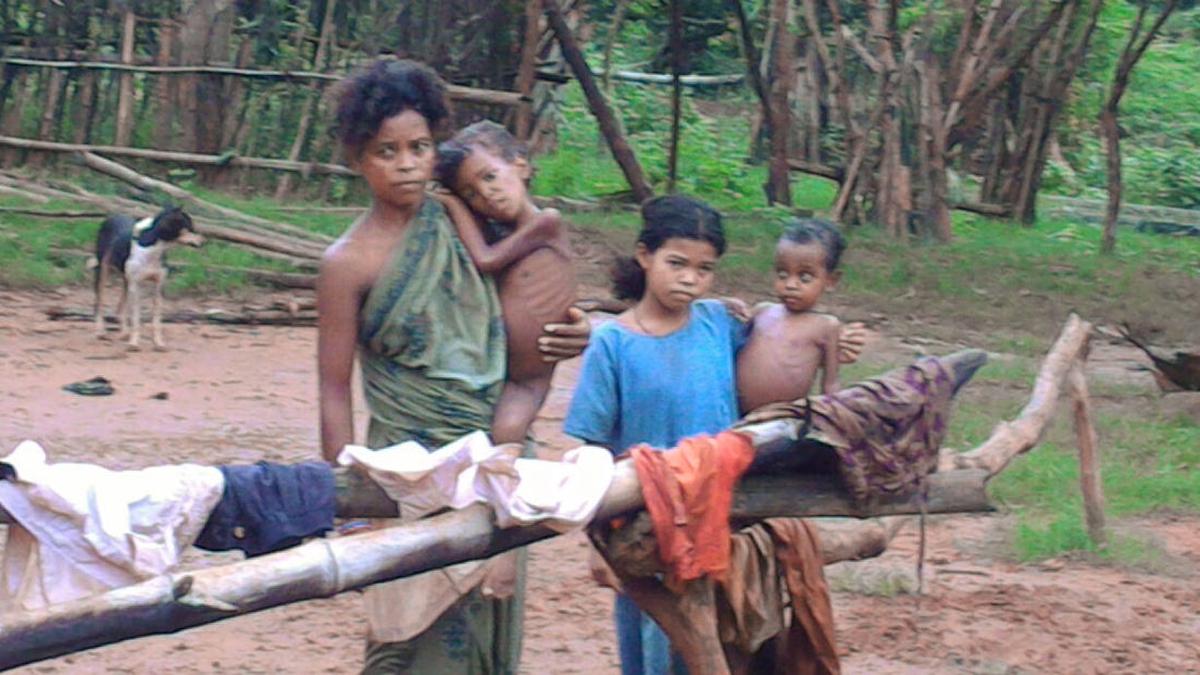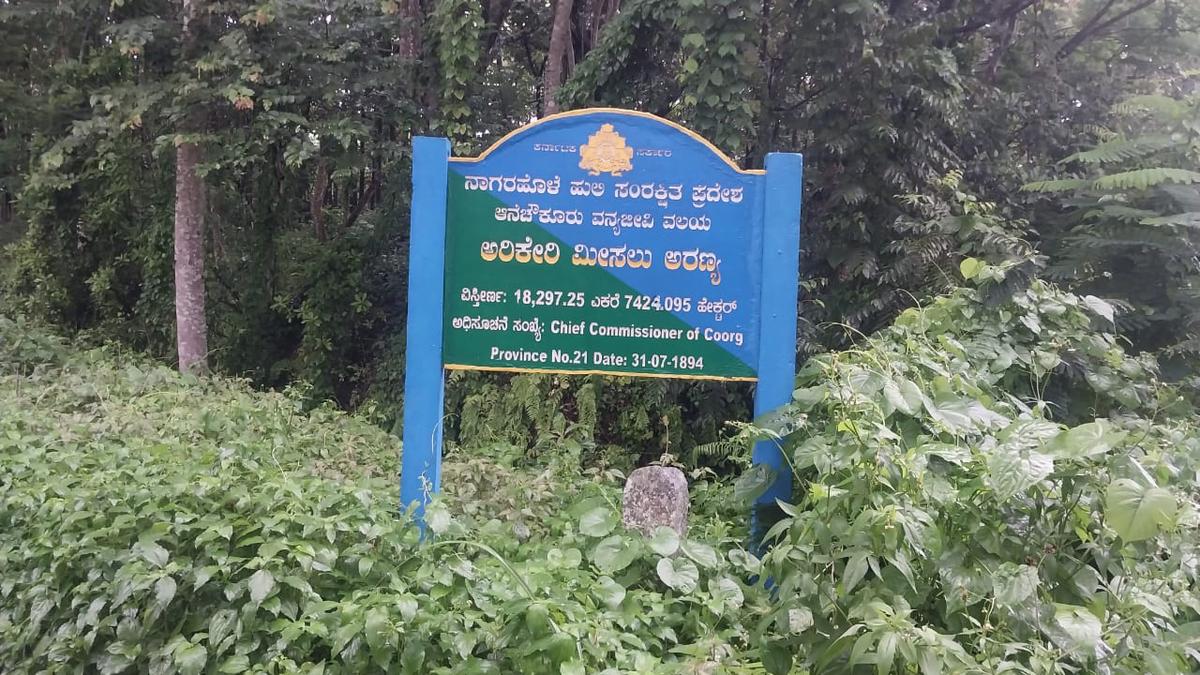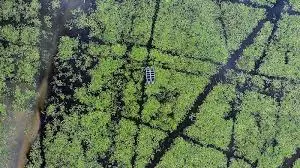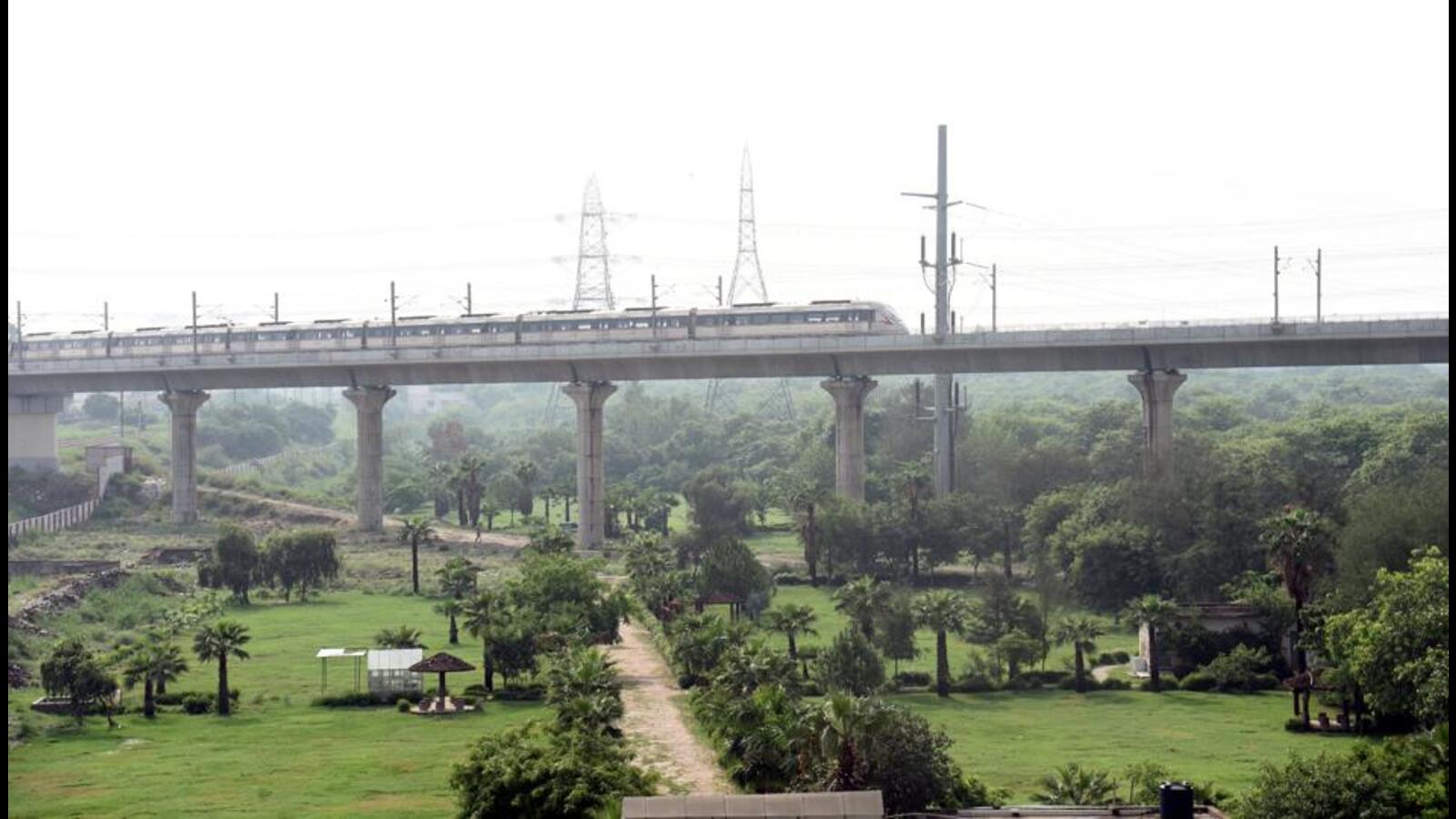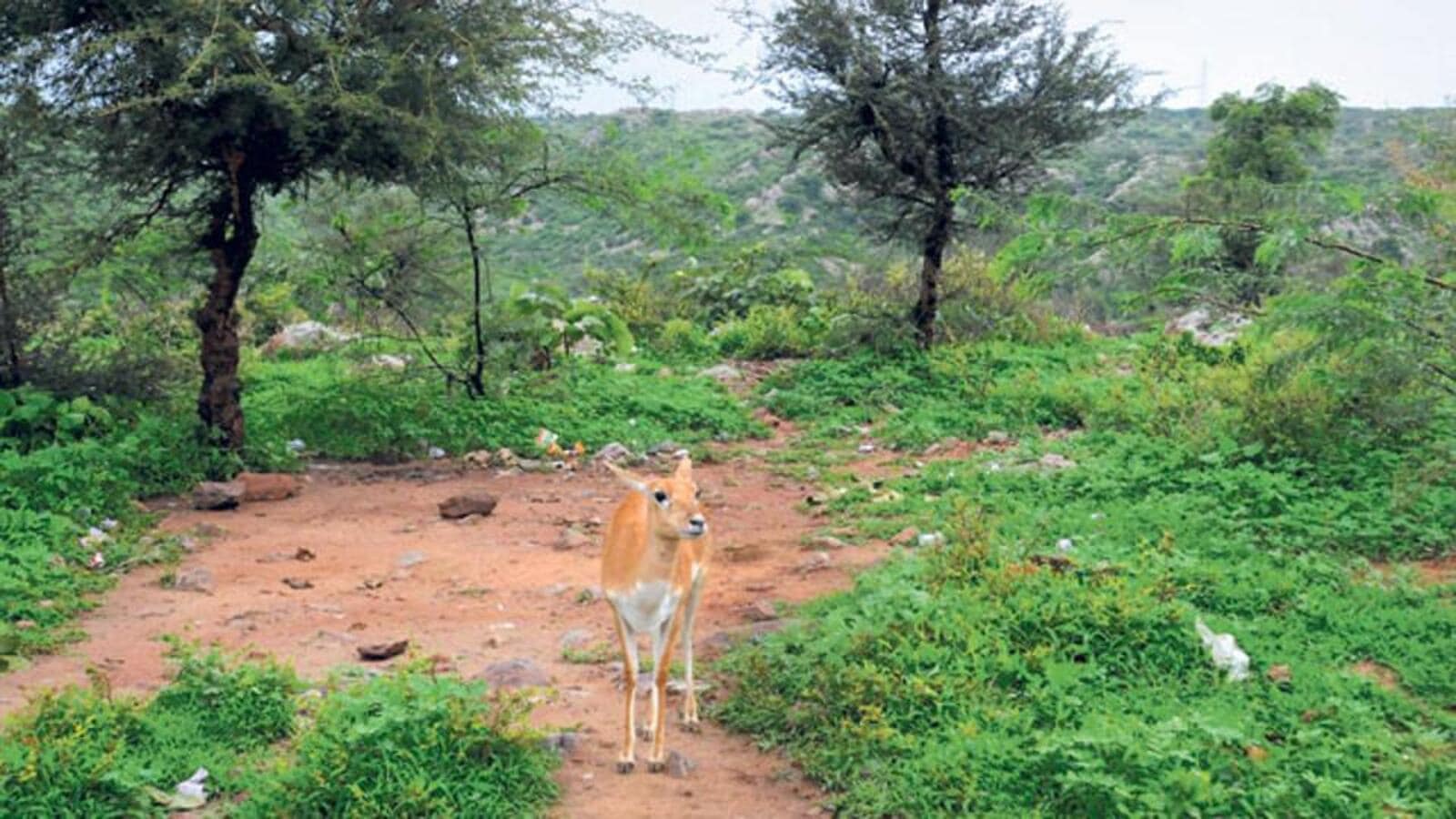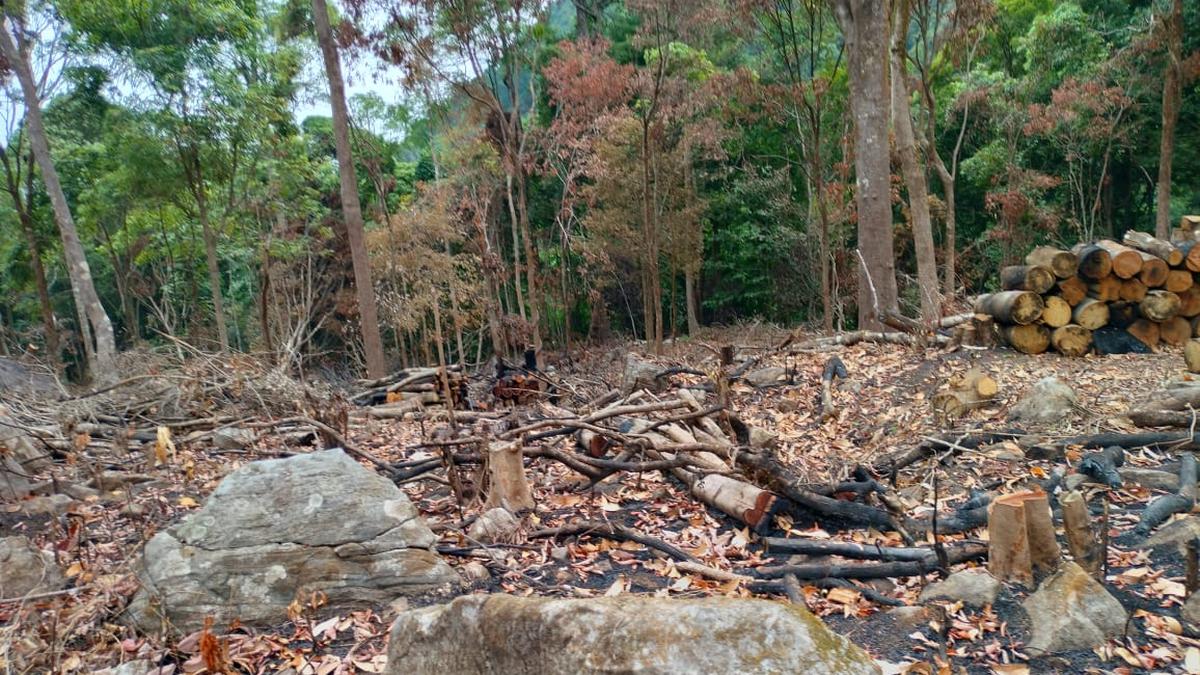The tragedy of conservation
The HinduIn 2012, 39 areas covering national parks, wildlife sanctuaries, and reserved forests in the Western Ghats were declared a World Heritage Site by UNESCO. Comment | The taproot of conservation justice Against the backdrop of the enactment of the Forest Rights Act of 2006 in India and the Declaration on the Rights of Indigenous People in 2007 by the United Nations, the people residing in the Western Ghats did not anticipate that they would have to deal with the uncertainty about their future following the announcement of the World Heritage Site. In the context of the Forest Rights Act, they are treated as ‘other traditional forest dwellers’ since they have been living there for at least three generations prior to December 13, 2005 and depend on the forest or forest land for their livelihood needs. There appeared to be clear inconsistency in the government’s approach in settling the claims made by the tribals versus the claims made by other traditional forest dwellers. Comment | A bottom-up approach to conservation The wrong approach Assuming that denying tribals or other traditional forest dwellers their rights in the forest would serve the purpose of conservation is far from the truth.
History of this topic

Canary in the canopy: on the India State of Forest Report 2023
The Hindu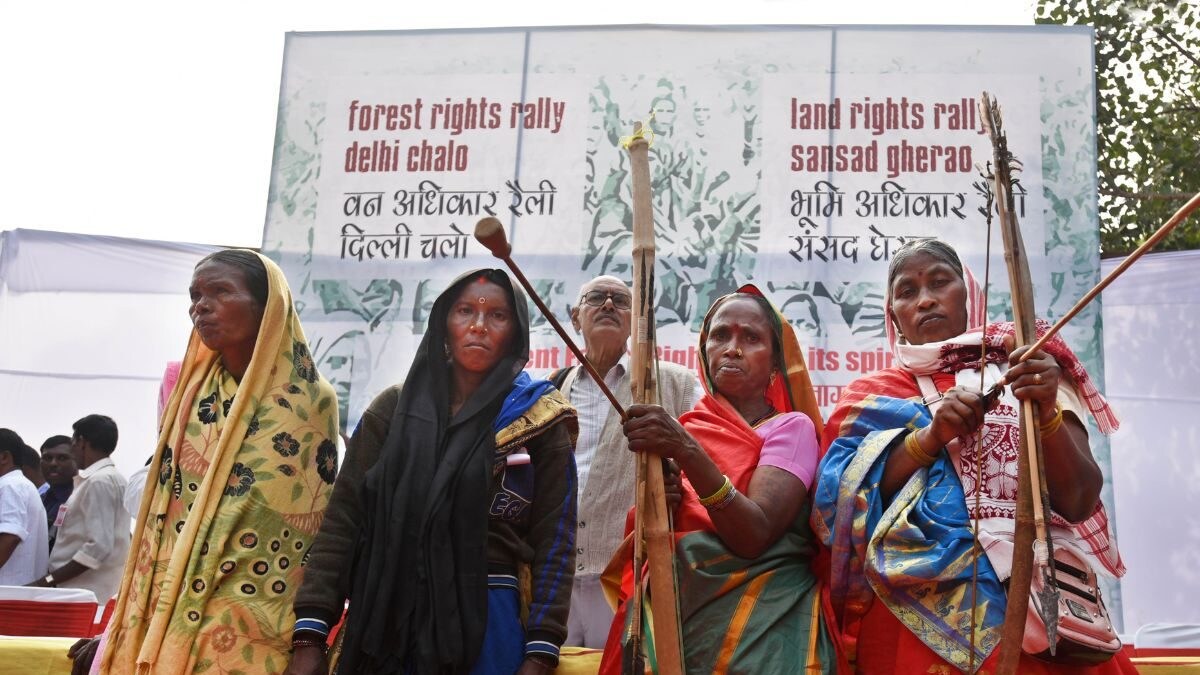
Ahead of Polls, Demand for Forest Rights Emerges as Key Electoral Issue in 153 Lok Sabha Constituencies
News 18
Forest Rights recognition major issue in 153 LS constituencies, says analysis
Hindustan Times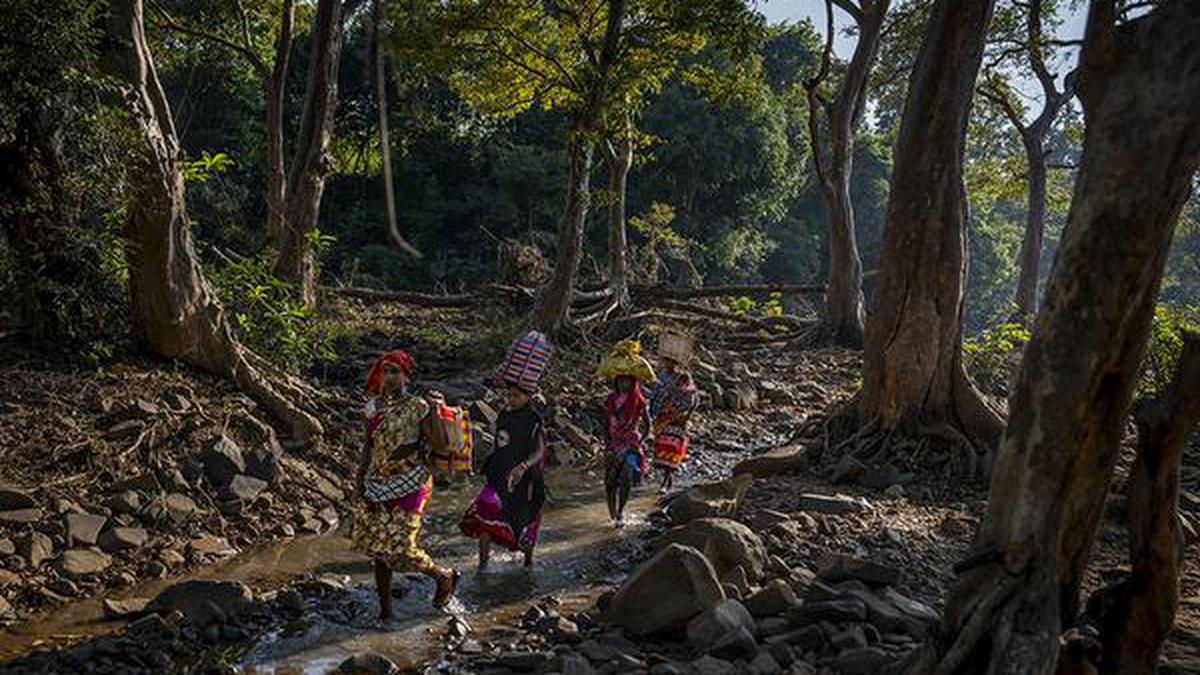
Forest Rights Act implementation mixed in 5 States, shows report
The Hindu
But first, what is a forest? This definition will determine our future
Hindustan Times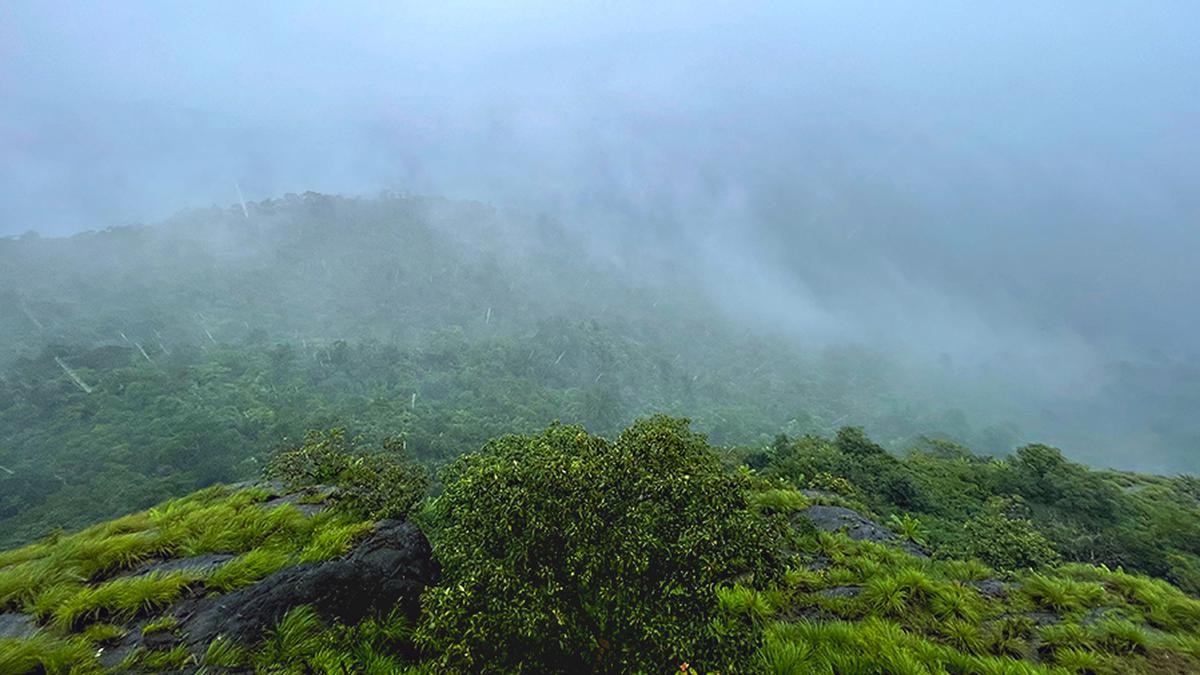
Forest rights concerns could influence electoral results in nearly a third of constituencies, says study
The Hindu
Several rules issued in past 2 years to streamline forest clearance: Govt
Hindustan Times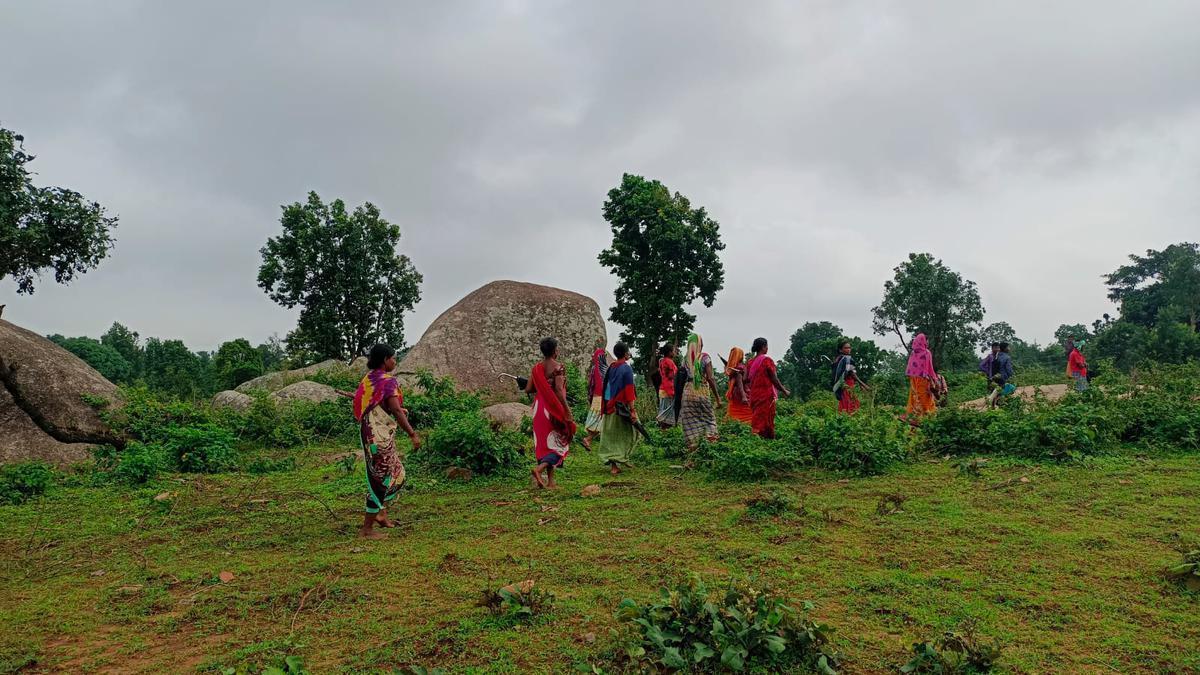
Seventeen years of Forest Rights Act: ATREE brings out resource materials for laypersons
The Hindu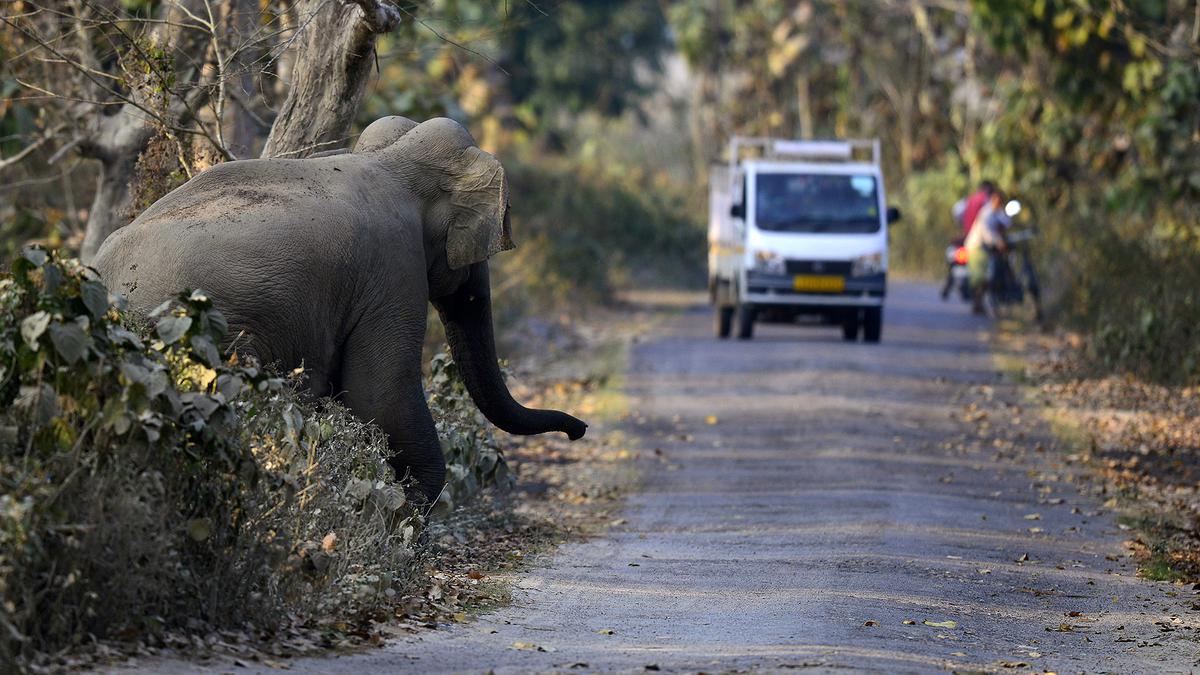
An uphill struggle to grow the Forest Rights Act
The HinduCommunity rights and forest conservation | Explained
The Hindu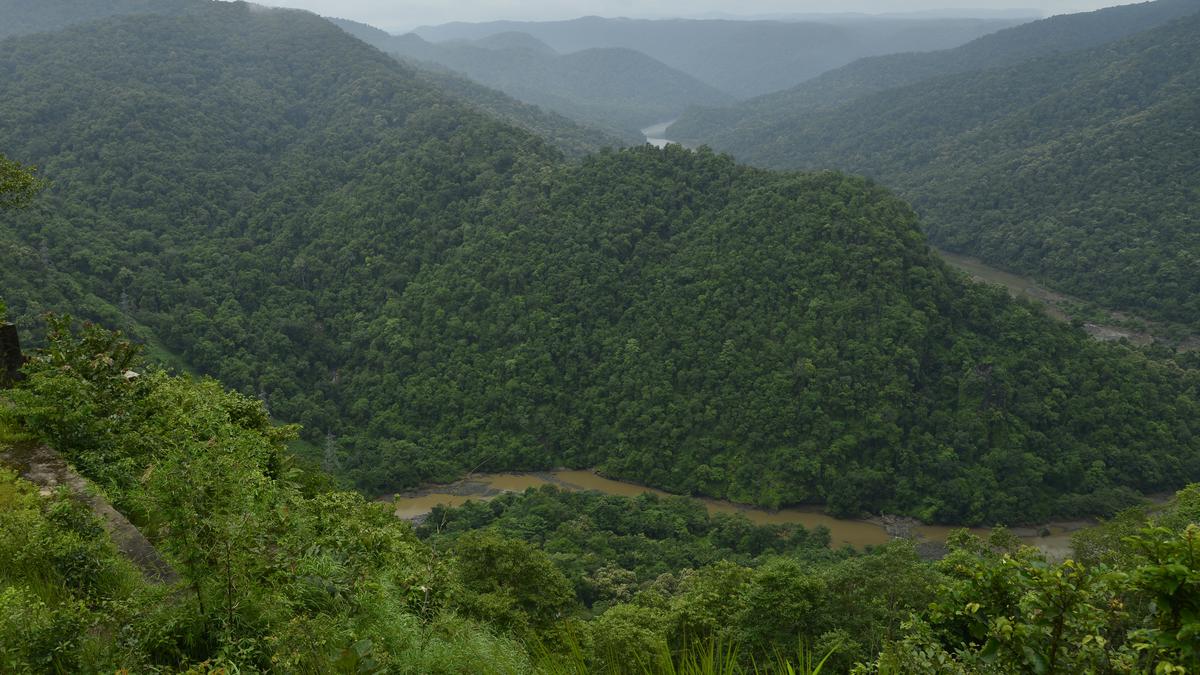
63 retired IFS officers from across India write to Centre on misuse of Forest Rights Act
The Hindu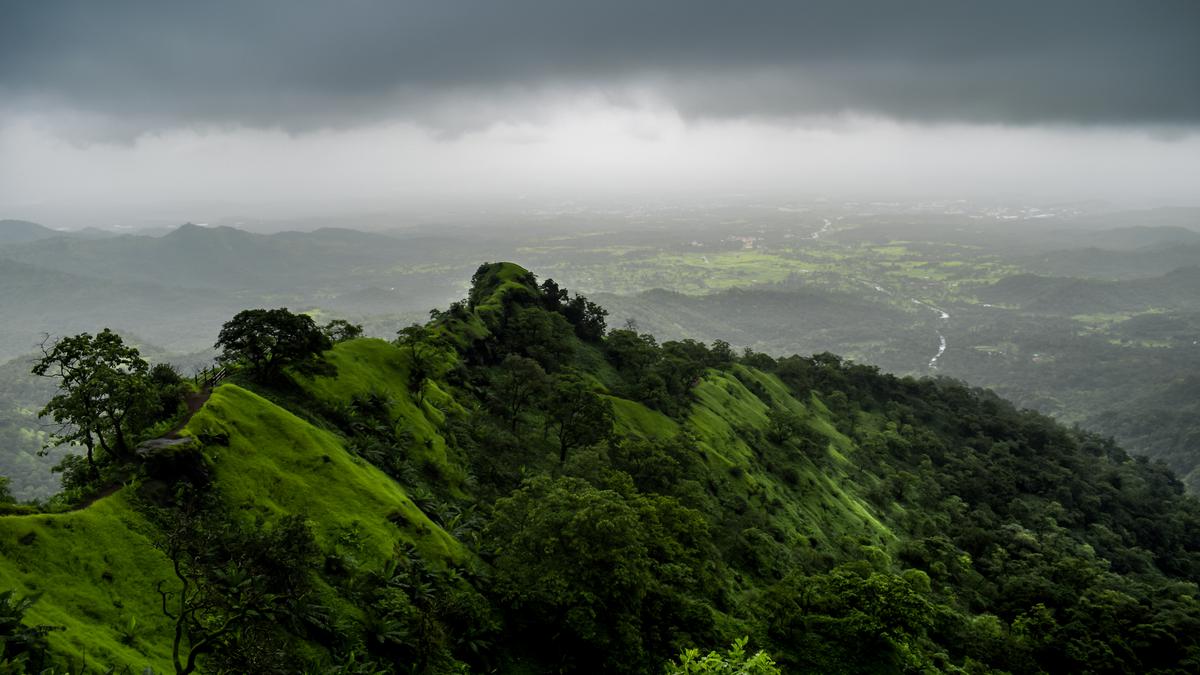
The hornets’ nests in the Forest Amendment Bill
The Hindu
Strike a balance on forest laws
Hindustan Times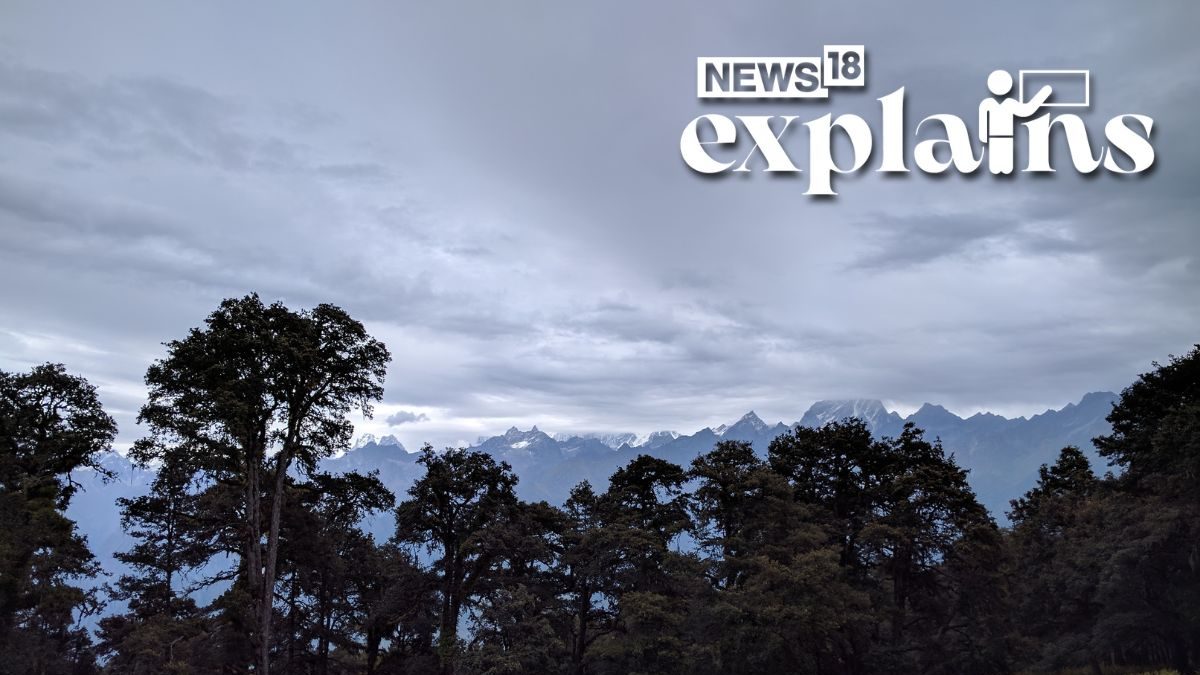
What Forest Conservation Bill Means for Strategic Projects & Will it Ease Land Clearance - News18
News 18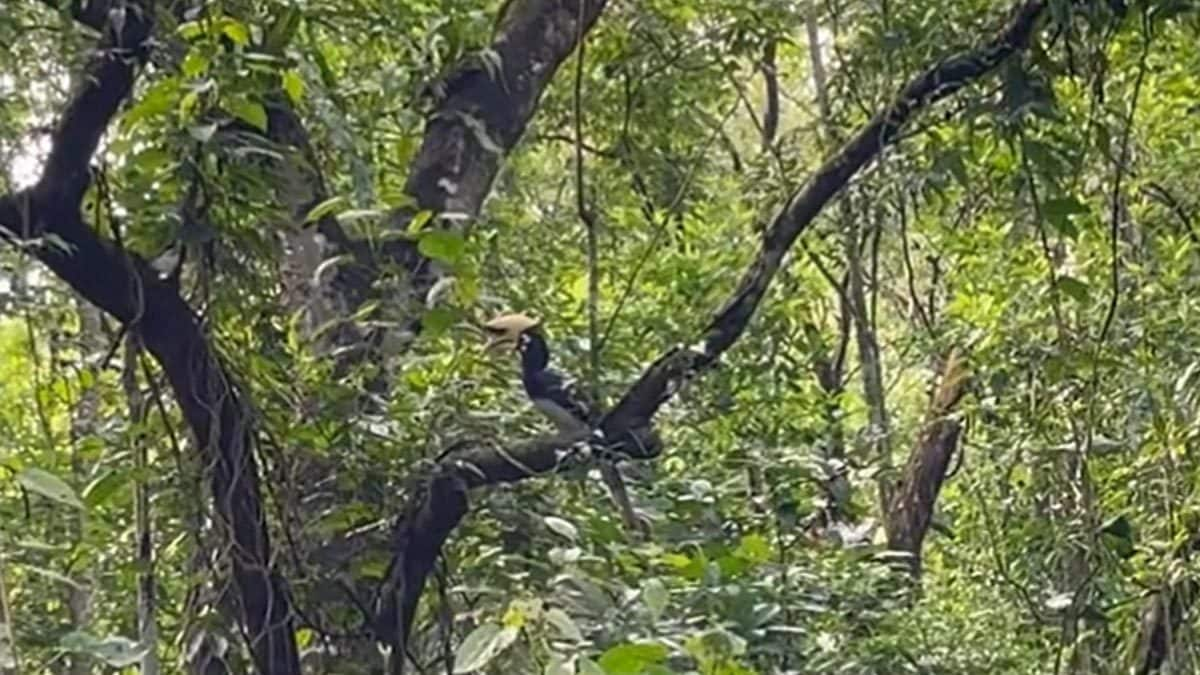
Science-wise: Govt’s Proposed Environment Bill, Threat to India’s Natural Forest Cover or Need of the Hour?
News 18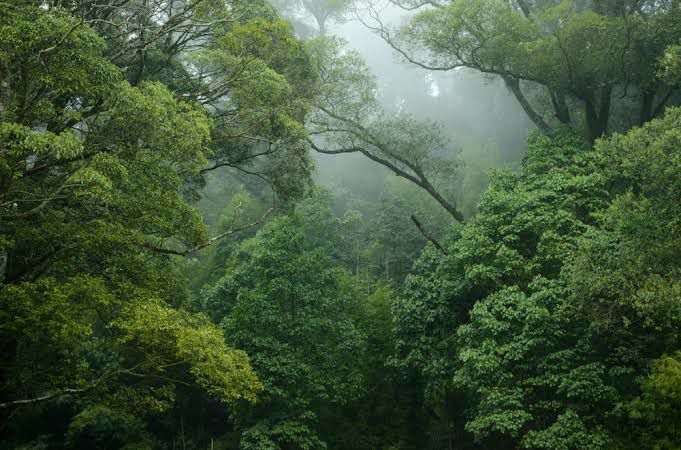
A Look At The Forest Conservation (Amendment) Bill, 2023
Live Law
New forest bill must strike a fine balance
Hindustan Times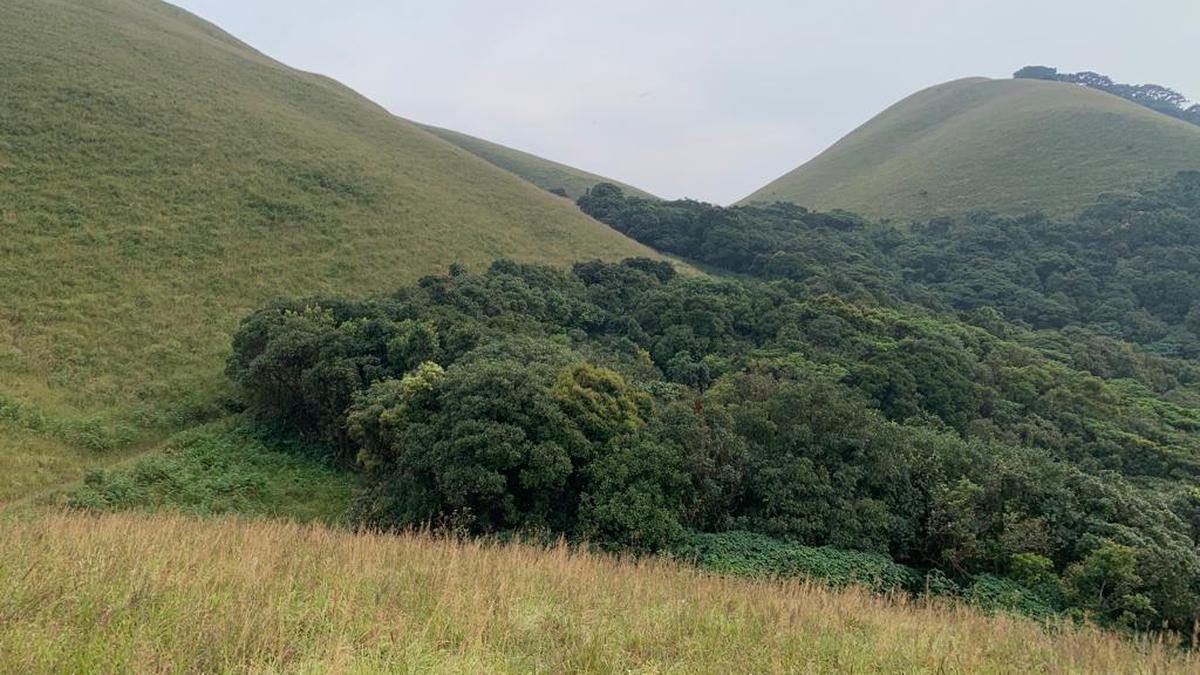
Objections overruled, Forest Bill goes to House unchanged
The HinduNew forest laws and ‘development’ push: A prelude to a ‘land grab’ in India’s north-east?
The Hindu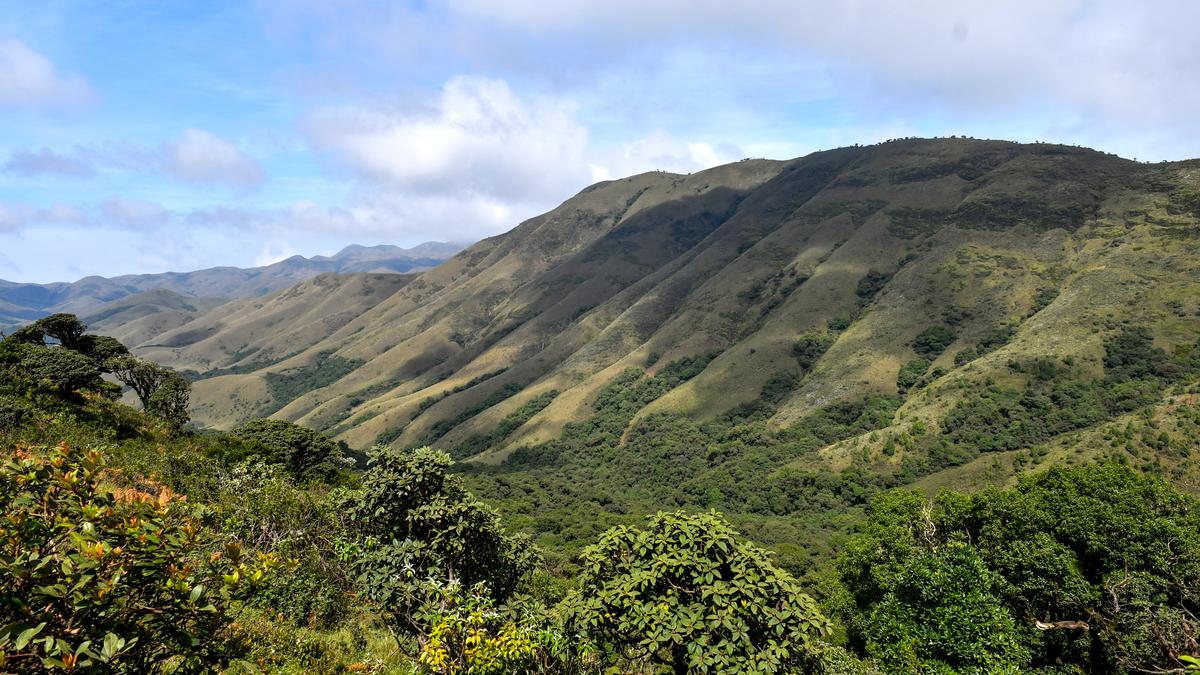
Forest (Conservation) Amendment Bill, 2023 | Jungle book vs rule book
The Hindu
Never-ending injustice: Forest Villages of Madhya Pradesh
Hindustan TimesA conservation Bill that endangers forest rights
The Hindu
Podu pattas promise puts forest, tribal officials in a quandary
Deccan Chronicle2006: Forest Rights Act
The Hindu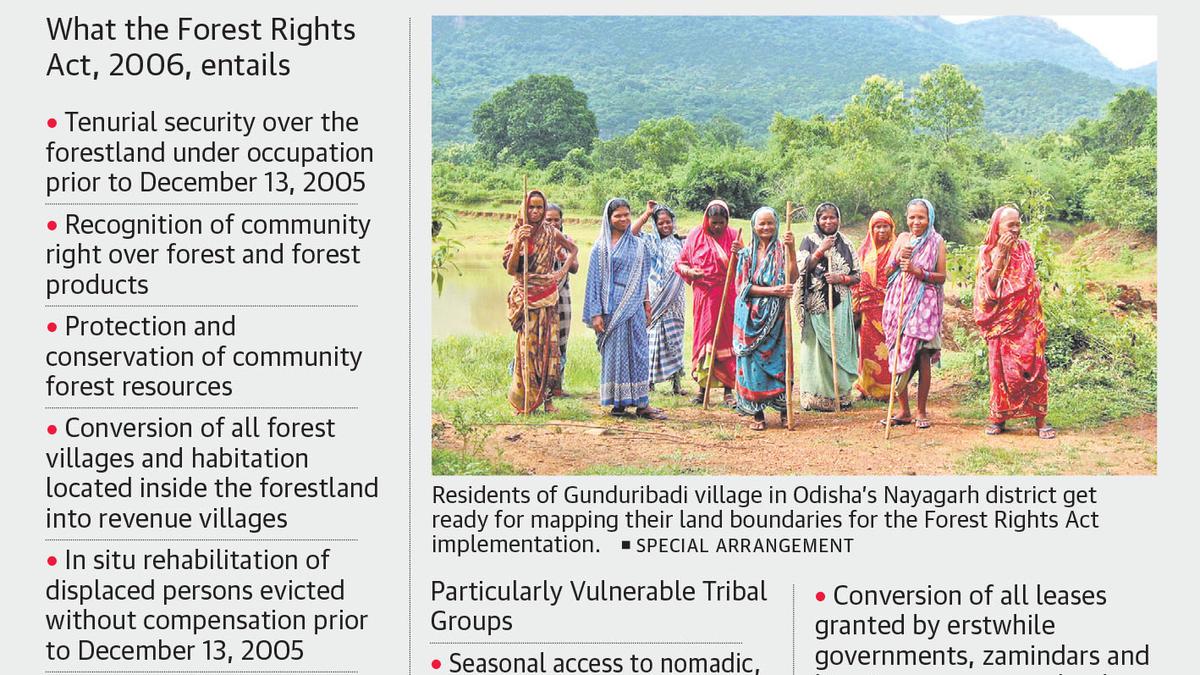
Forest Rights Act: well begun, and now Odisha is ready for the home run
The HinduThe proposed Forest (Conservation) Rules, 2022 might be disastrous for forest dwellers
The Hindu)
Explained: The government's new forest rules and Congress' reservation about them
FirstpostLooking beyond the Forest Rights Act
The Hindu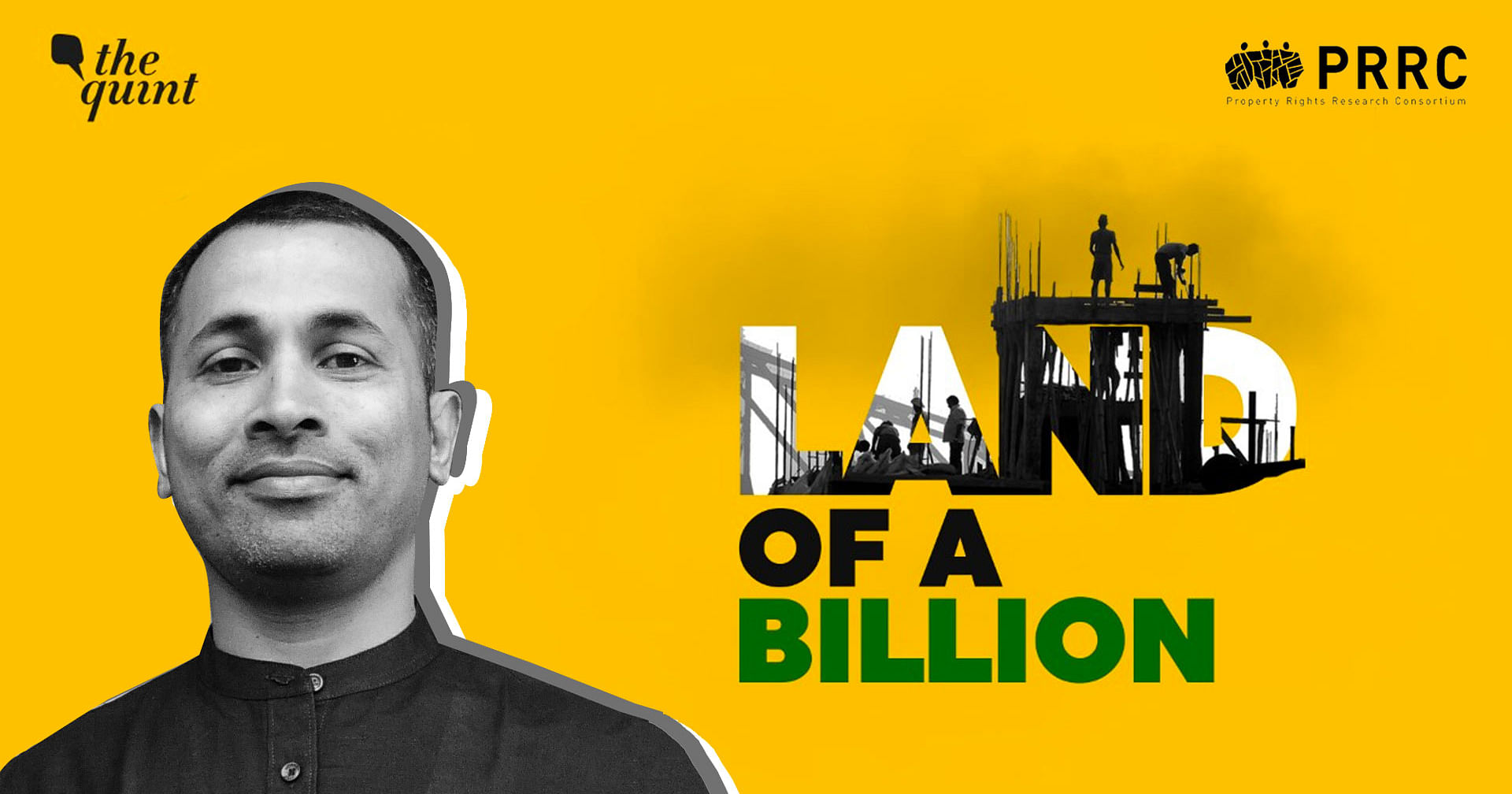
How Can Forest Dwelling Populations Protect Their Land Rights?
The QuintJ&K government to implement Forest Rights Act
Hindustan TimesSurvey of forest dwellers being done: Jammu and Kashmir govt.
The Hindu![#DakshaMasterclass: Forest Rights Legislation [9th Aug]](https://www.livelaw.in/h-upload/2020/08/07/379614-daksha-masterclass-09aug.jpg)
#DakshaMasterclass: Forest Rights Legislation [9th Aug]
Live LawDiscover Related
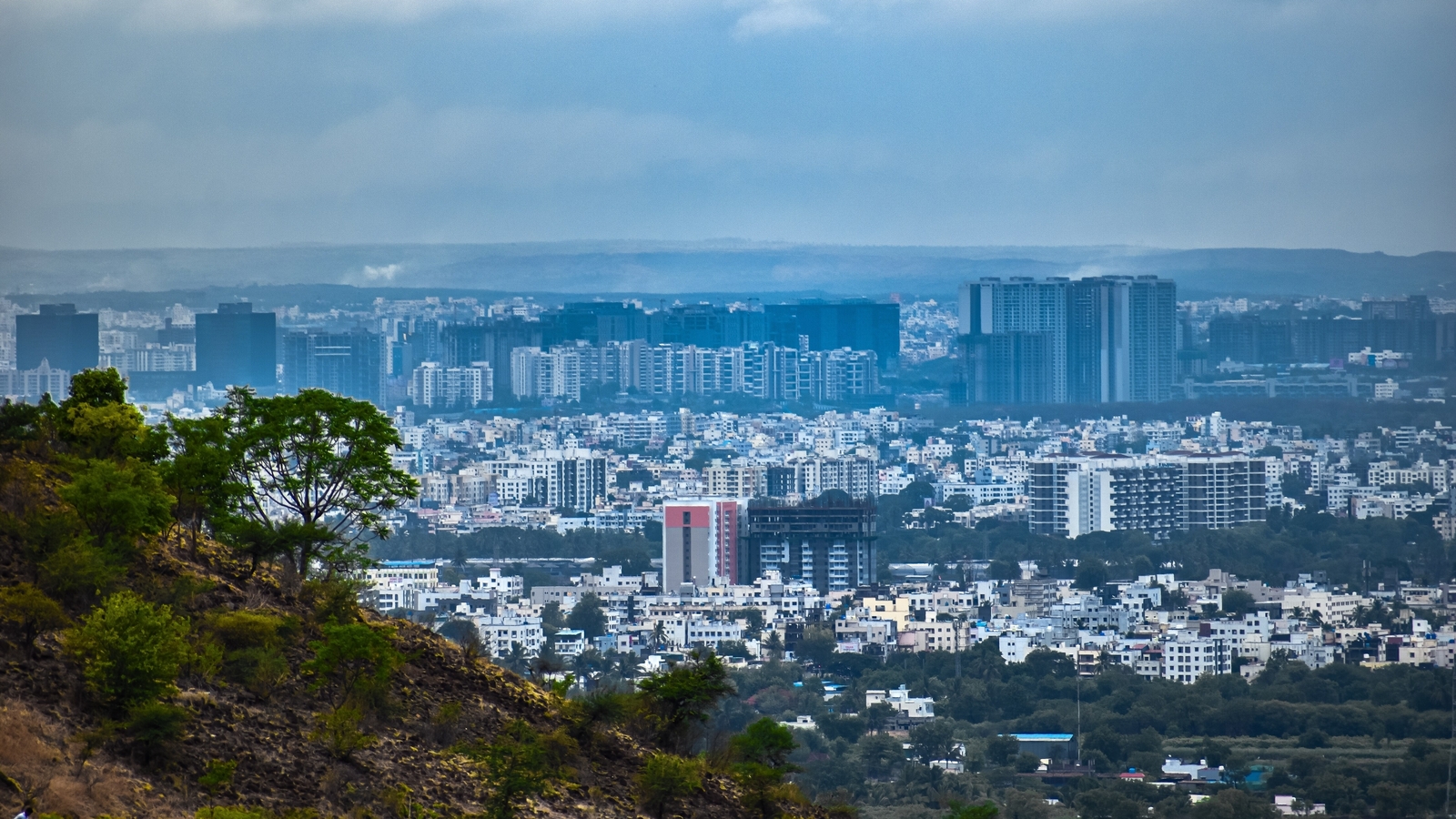


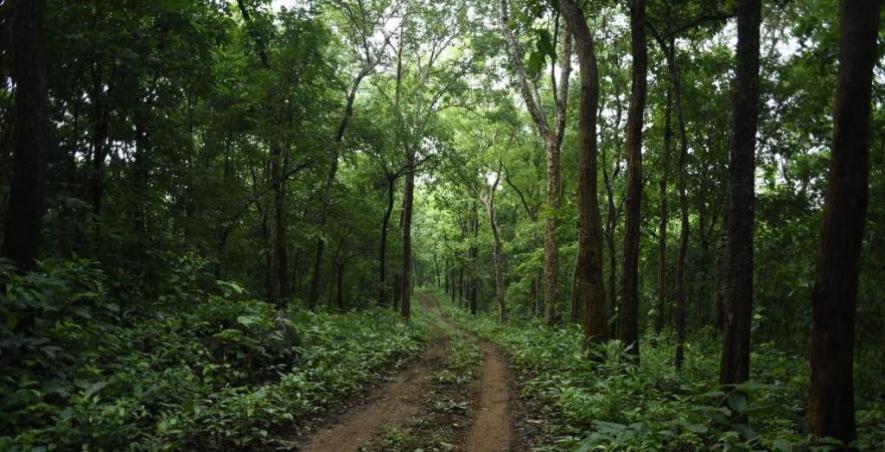
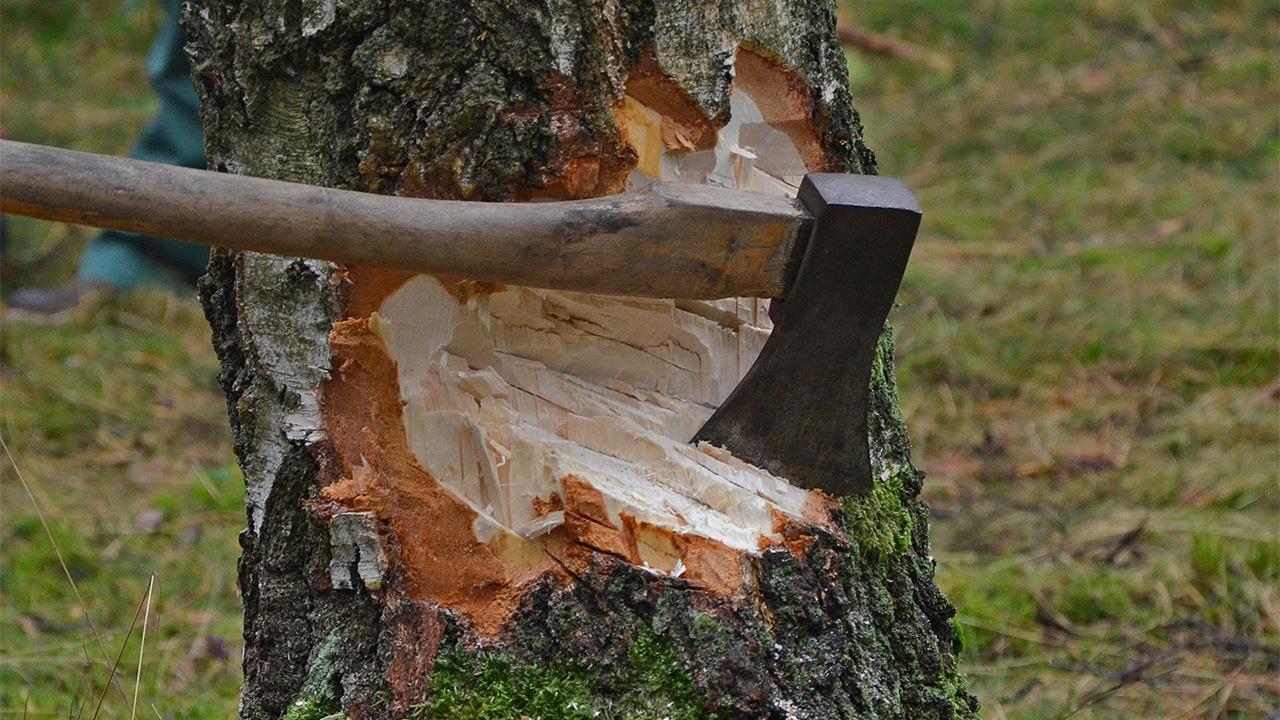




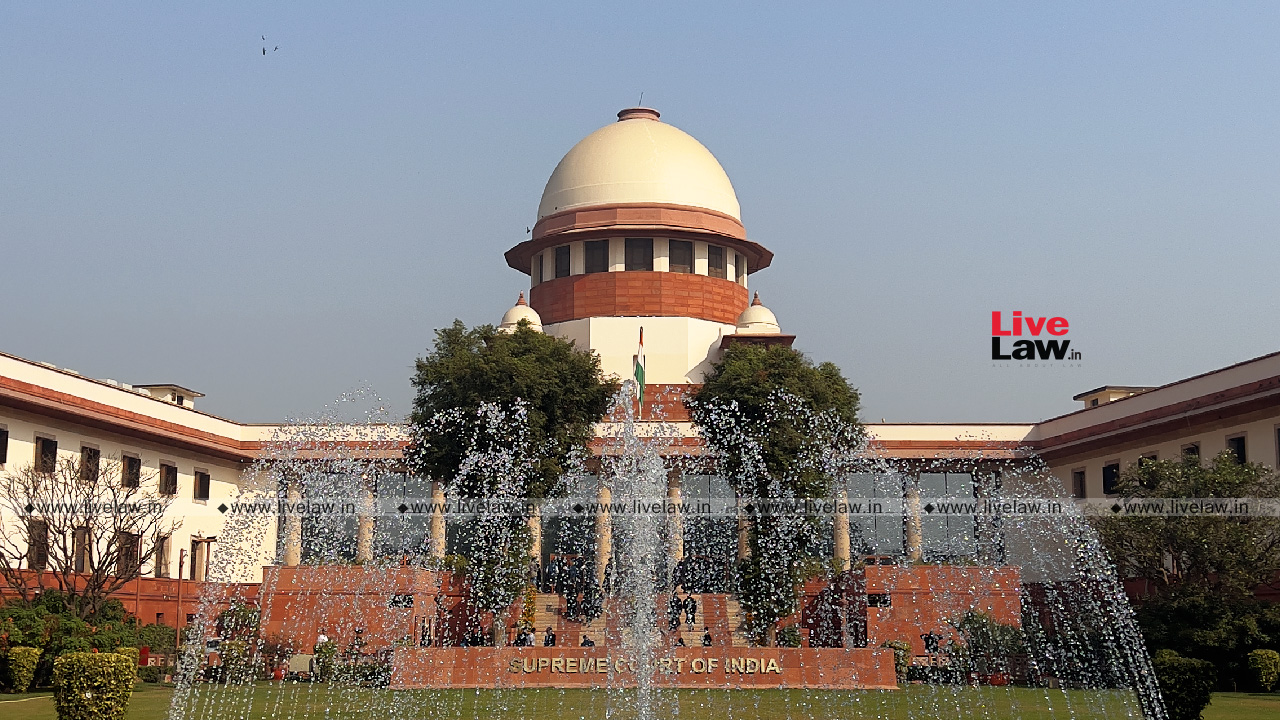



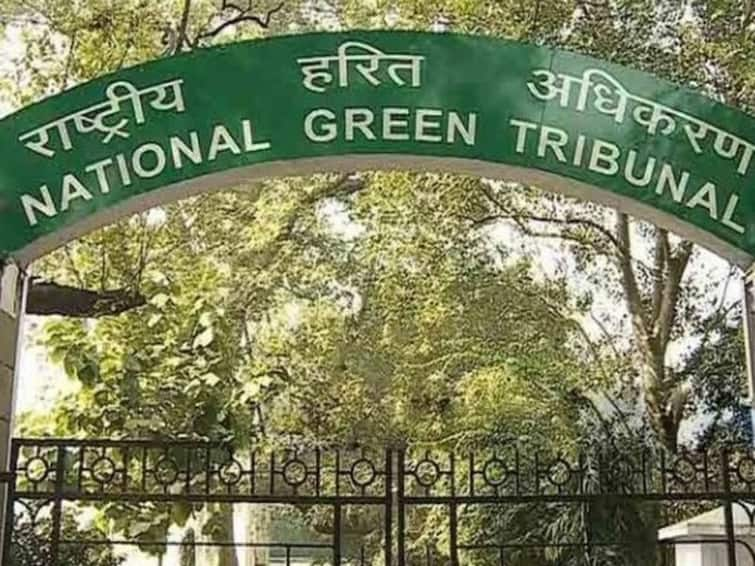
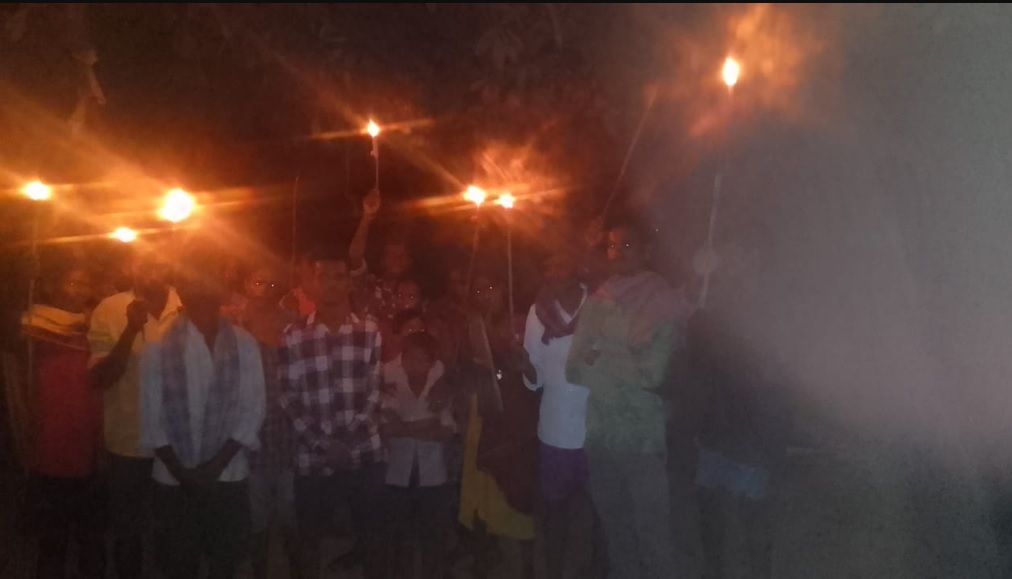


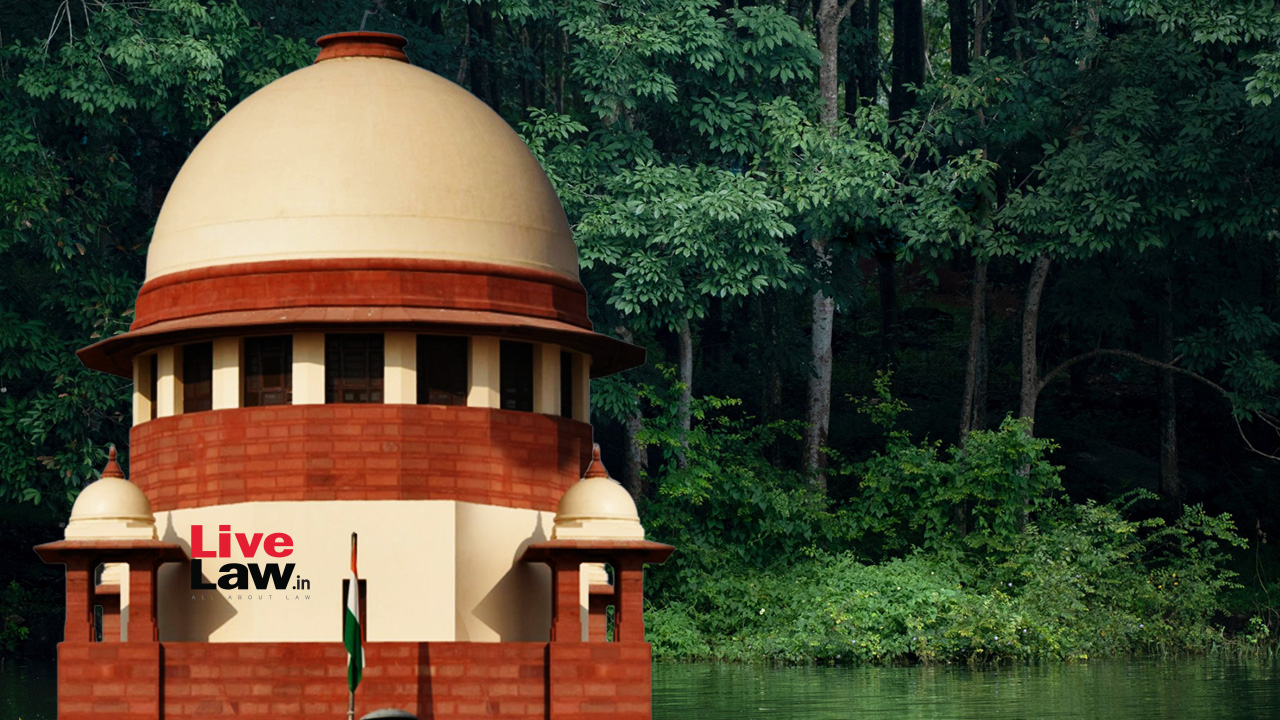
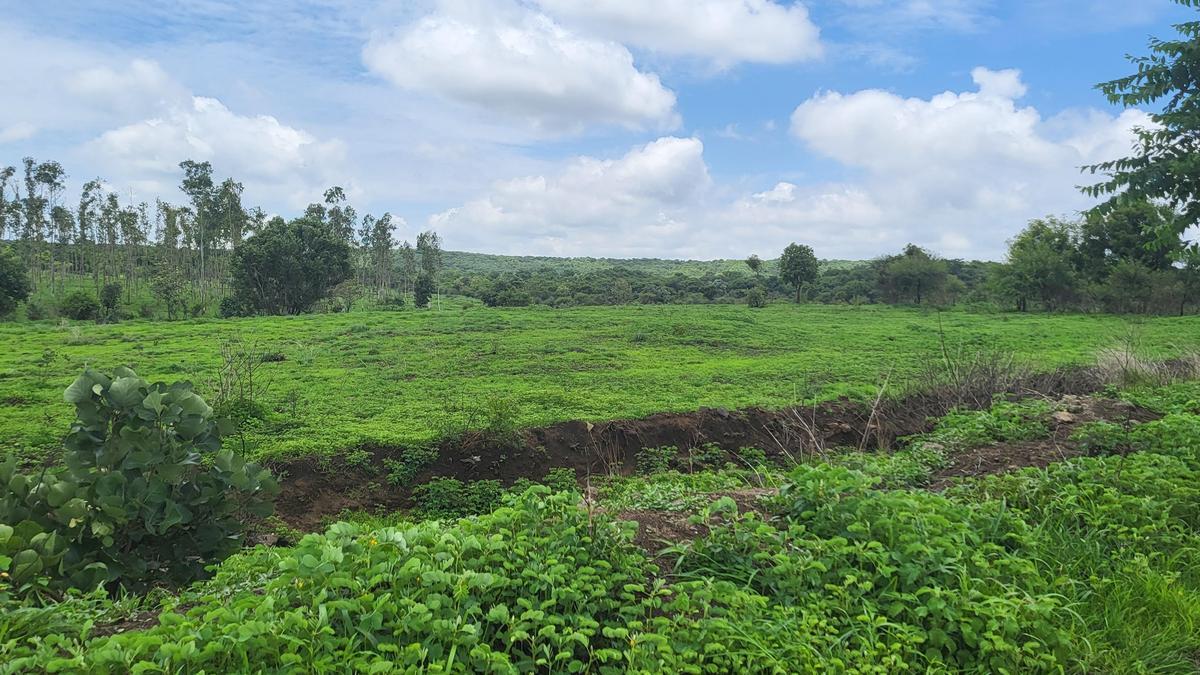
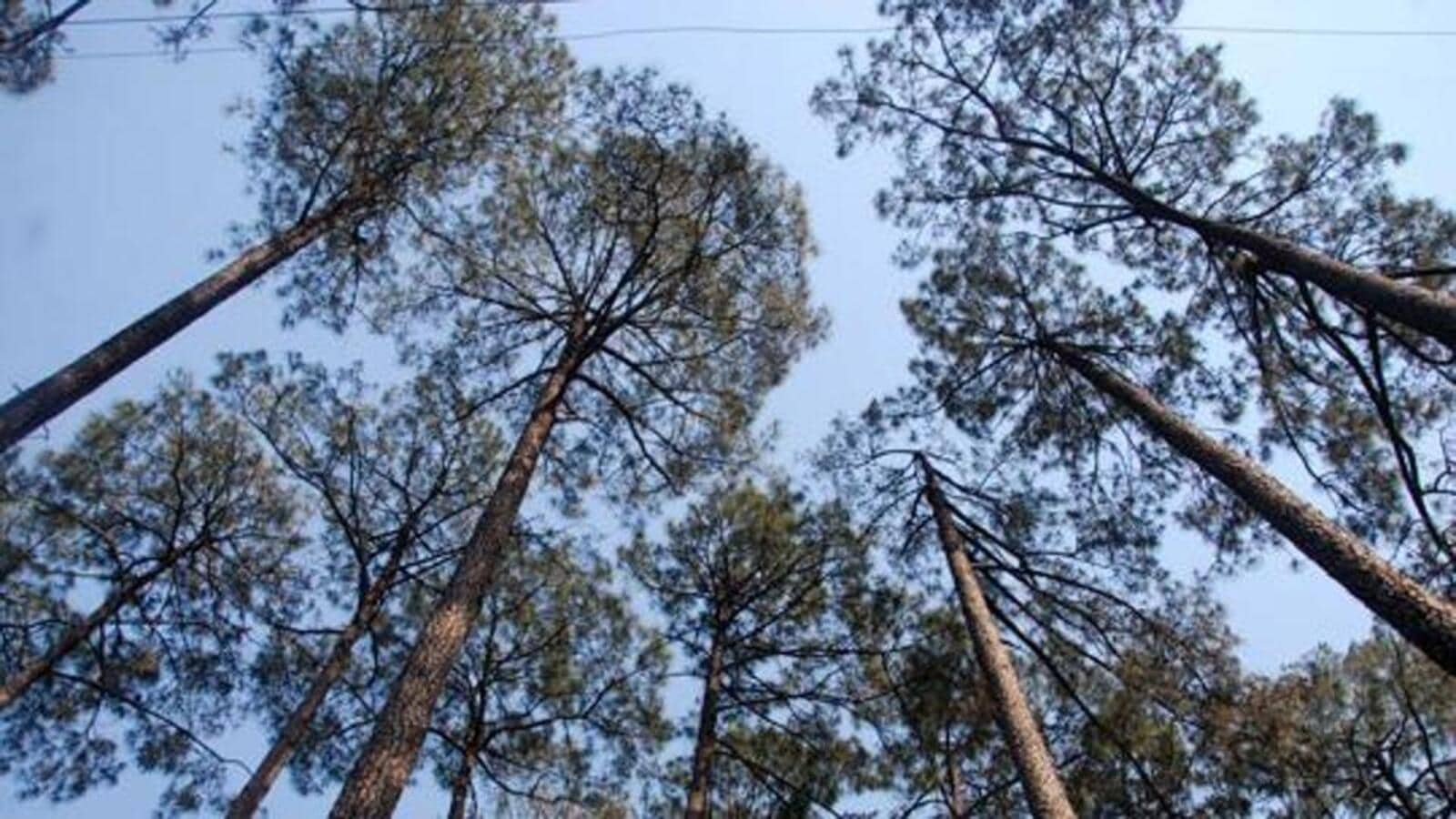

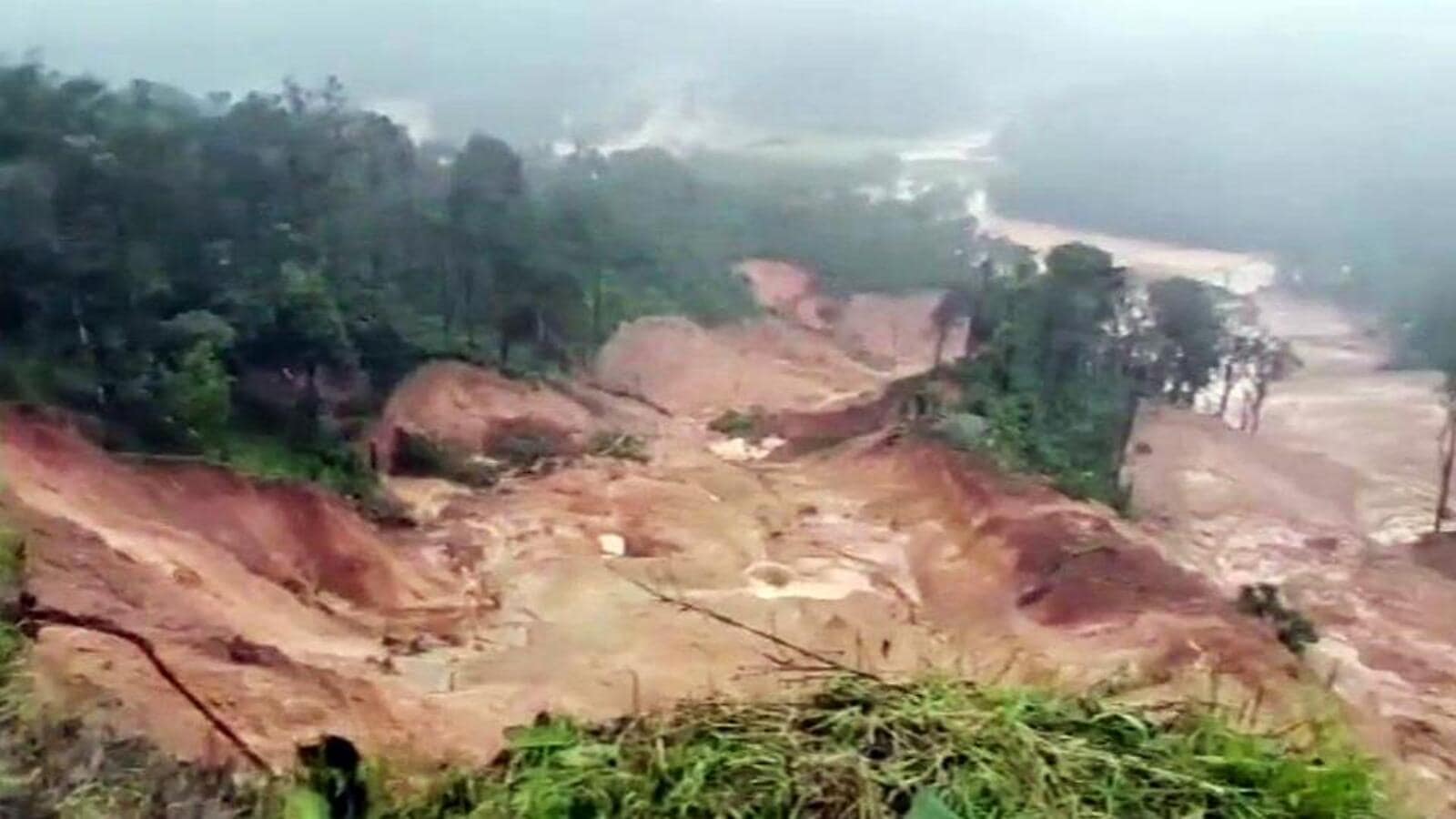

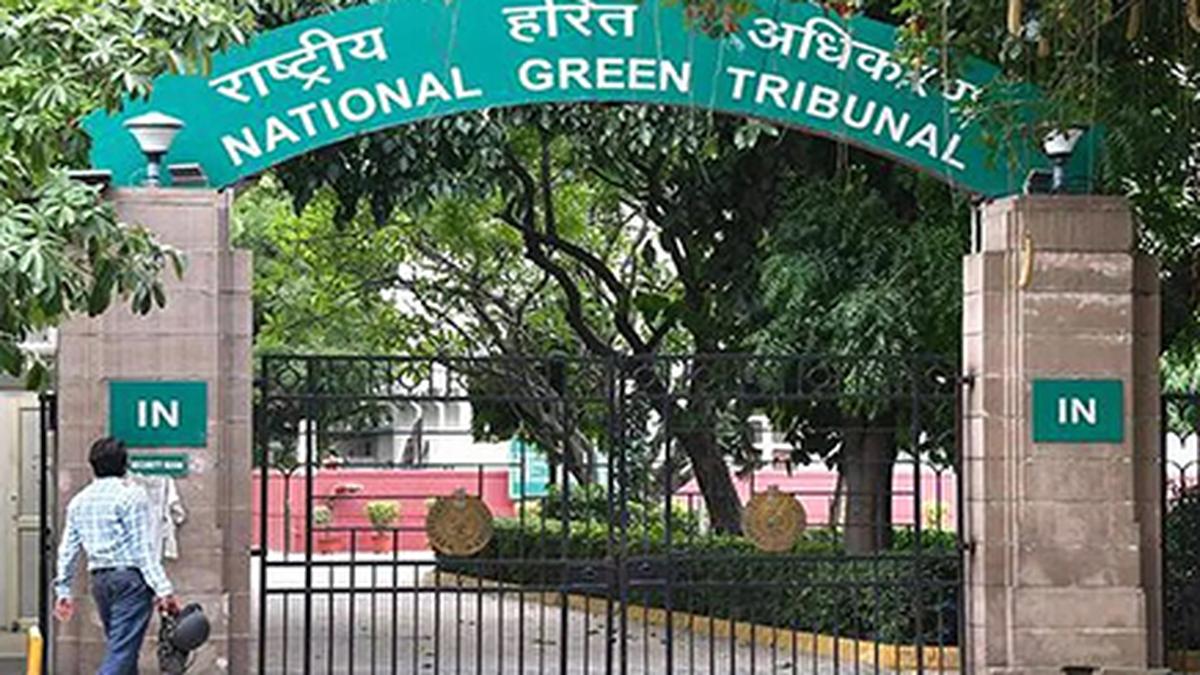

![[Forest Conservation Act] Forest Land Cannot Be Repurposed For Non-Forest Activities Without Approval: Himachal Pradesh High Court](https://www.livelaw.in/h-upload/2023/04/09/467409-whatsapp-image-2023-04-09-at-041040.jpg)
